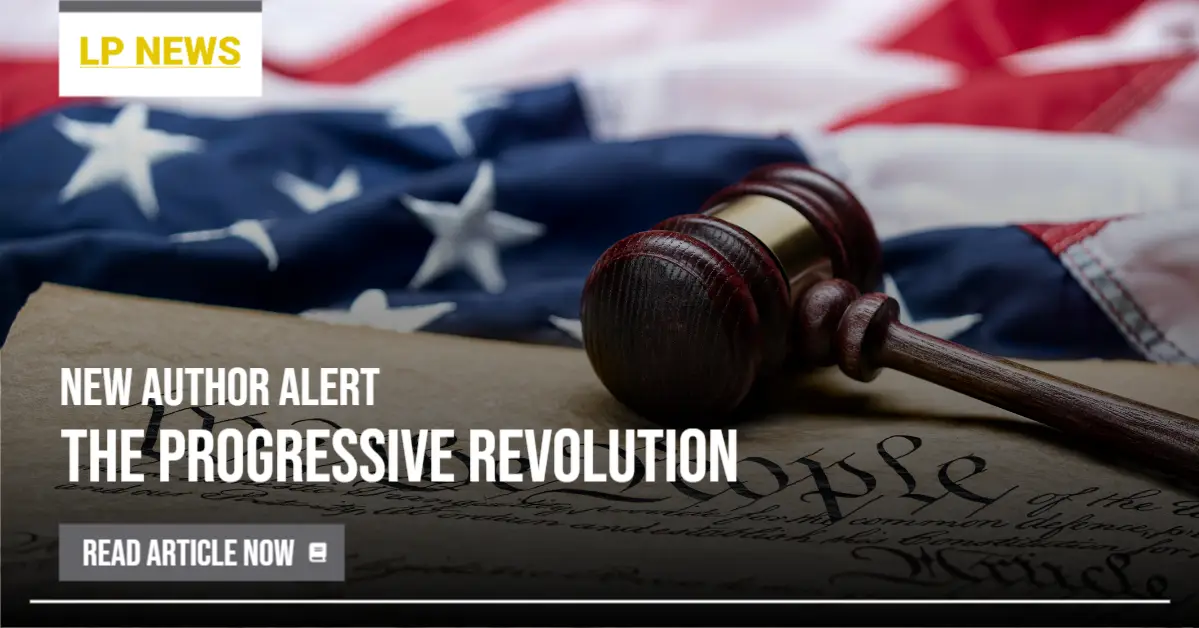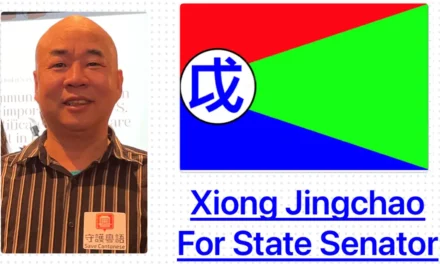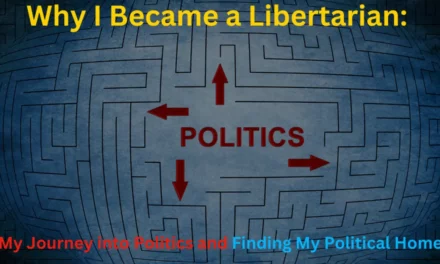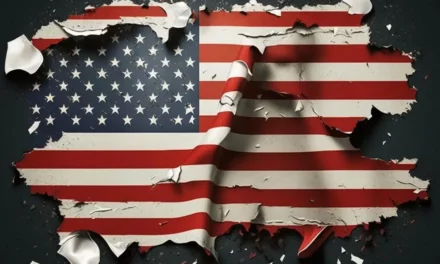Most people believe we live in a democracy and sovereignty in the United States resides with the federal government. Those same people may be surprised to learn the Founding Fathers or Framers of Constitution created a constitutional republic and a sovereignty sharing system. Nonetheless, the modern definition of sovereignty is a supreme power over a nation. The modern definition of sovereignty is much different than what the Founders envisioned for the United States. The Founders feared too much government power residing in one person or a group of people. Thus, the Constitution’s guideline for the structure of the federal government included power sharing between the executive, legislative, and judicial branches. The structure of the United States government was emulated from theories proposed by French Philosopher Charles de Montesquieu.
The structure of the Constitution provides for even more power sharing. The Tenth Amendment clearly states any grant of power not provided to the federal government in the Constitution is retained by the states. The unique power sharing model between the federal government and the states is called federalism. The modern definition of federalism is a power sharing model between a national and regional government. Anyone reading the modern federalism definition would believe the national government is the most sovereign entity in the United States. That is not true; federal grants of power in the Constitution are very limited and confined within the 4,000-word document. In other words, states should have much more power than the federal government.
The power sharing does not end there. Federal and state power are shared with “We the People.” In fact, the citizens are the most sovereign entity in the United States. Sovereignty resides with the people was established in the 1793 case Chisholm v. Georgia. Chief Justice John Jay held sovereignty in a dispute between a South Carolina citizen with the state of Georgia resided with the citizen. Unfortunately, the Chisholm decision was overruled two years later with the passage of the Eleventh Amendment. The Eleventh Amendment prevents a United States citizen from suing any state government other than their home state. Thus, the Eleventh Amendment erroneously funneled more power from the people to the states.
Let us briefly explore why Jay was right and the Eleventh Amendment is wrong. The federal and state governments have limited powers, but no rights. Hence, people who refer to the Tenth Amendment as the states’ rights amendment are mistaken. People have unlimited rights to control their own property so long as their actions do not violate the rights of other citizens. For the most part, self-destructive behavior which does not physically harm others is not a crime. People may not have powers, but the entire purpose of both federal and state constitutions is a prohibition on government power to protect and maximize the rights of citizens. Constitutions not only limit grants of power, as pointed out earlier, the structure of government limits power by sharing responsibilities.
Furthermore, the Founders emulated many of the fundamental rights’ principles found in the Declaration of Independence and in the Constitution from natural law philosophers such as John Locke and his “Second Treatise of Government.” In the “Second Treatise of Government,” Locke suggests the sole purpose of government is to protect the fundamental rights of citizens. Thus, one can conclude the Founders also believed the only way to protect the fundamental rights of the people would be for them to be the most sovereign entity of a nation, not the limited government. Thus, Jay’s ruling in Chisholm is unsurprising especially considering he was one of the drafters of the Constitution.
A power sharing model for sovereignty supports the concept of a constitutional republic. A democracy, on the other hand, monopolizes power into one government entity. The progressive revolution is about shifting sovereignty from the states and the people to the federal government. In other words, the progressive revolution objective has been to change the United States from a constitutional republic to a democracy. In fact, the objective of the modern progressive movement is to transform the United States into a socialist state one small battle at a time.
We know the Founders abhorred the idea of America being a democracy. A democracy was referred to by the Founders as “mob rule” or “mobocracy.” John Adams would declare, “Remember, democracy never lasts long. It soon wastes, exhausts, and murders itself. There never was a democracy yet that did not commit suicide.” Hence, the Founders preferred a constitutional republic which was defined as a nation governed by laws, not people. Conversely, a democracy was defined as a nation governed by people and majority rule. Thus, the objective of the Founders was to take the human factor out of the equation for government. How is eliminating the human factor accomplished? By controlling the amount of power one person or one group of people within the government can attain. The more government power is shared, the better the fundamental rights of citizens are protected. The converse is also true, the more the rights of the people are mitigated, the more centralized the power of government becomes. Of course, the Founder’s definition of a constitutional republic differs dramatically from the modern definition which suggests a republic is a representative government elected by the people. In fact, the modern definition more closely resembles the Founders view of a democracy.
In Federalist Paper 10, James Madison explains the Founders feared majorities could force their values or even violate the fundamental rights of the minority. Thus, the whole purpose of the Constitution and establishing a republic, as Madison put it, was to curb the power of majority factions and to “restrain some of the worst impulses of man.” Similarly, J. Budziszewski points out many philosophers such as Aristotle also believed democracies were far from being ideal because democracies promote selfish motives of various factions. For example, according to Aristotle, a democracy pits the selfish rich against the selfish poor providing both groups of people incentive to be unjust.
How is power or sovereignty shifted to the federal government? First, the federal government controls facets of society which are beyond their constitutional grants of power. For instance, during the founding era agriculture and education were two of the most important aspects of society. However, the Founders never provide any grant of power to the federal government to control such measures. Nevertheless, today, there is both a Department of Education and Department of Agriculture to go along with dozens of other federal agencies the Constitution fails to mention. If federalism was truly practiced, these powers would fall to the states.
Second, the federal government tries to mitigate the fundamental rights of its citizens. There are many techniques used to accomplish mitigating rights such as changing the meaning of constitutional clauses which has been done to the Takings Clause; changing the meaning of words such as the right to equality is now the right to equity; inventing constitutional doctrines such as Separation of Church and State or Substantive Due Process; expanding the role of government such as turning local crimes into federal crimes; fearmongering such as using a national emergency to garner more power; creating anti-discrimination laws which discriminate such as diversity; creating crimes without victims such as criminalizing self-destructive behavior; and creating fictitious fundamental rights such as the right to healthcare or welfare to name a few.
The opinions shared here do not necessarily represent the official position of the Libertarian Party. These editorial articles have been submitted by libertarians across the country, and featuring these topics does not represent an endorsement of the content therein.
The opinions shared here do not necessarily represent the official position of the Libertarian Party. These editorial articles have been submitted by Libertarians across the country, and featuring these topics does not represent an endorsement of the content therein.






Well done. It is rare to find folks who are calling out the progressive movement as the source of our troubles. Overcoming the mythology is key to understanding our current dilemma as a Constitutional Republic. The mythology runs deep and is difficult to overcome. Folks are indoctrinated by a progressive dominated, monopolistic public education system which is vested in perpetuating said mythology.
Challenge folks to actually read the writings of the Founding generation. What folks learn in school is a heavily edited version tilted toward progressive ideology.
Thank you. If there was any interest in the article, I would like to follow up with other articles explaining how the progressive revolution has changed the Founders’ meaning of the Constitution to confer more federal power. I believe it is important, We cannot fix our problems if we do not understand the root cause of how the progressive revolution has conferred more power to the federal government.